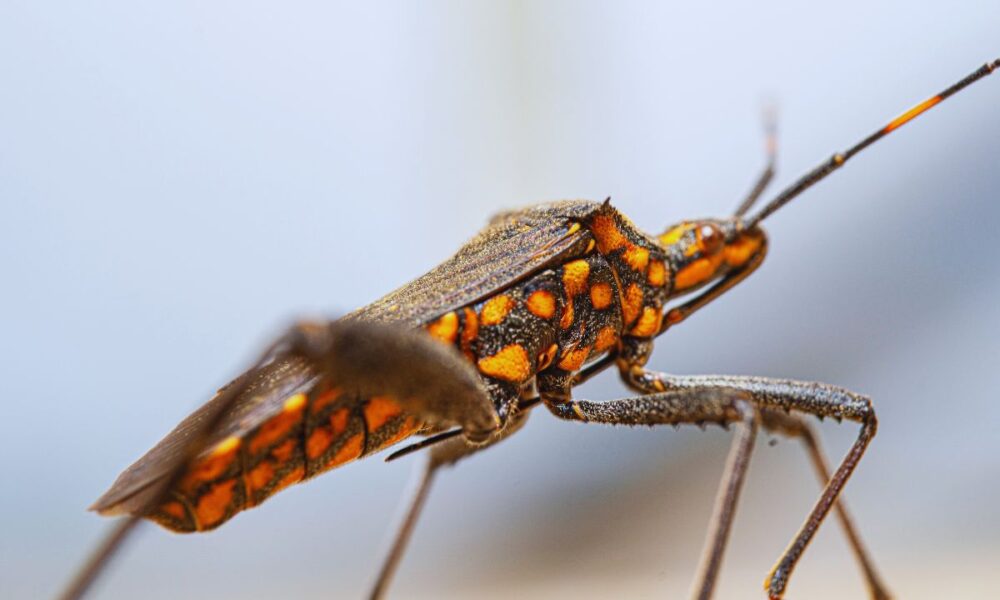The Centers for Disease Control and Prevention reports that Chagas disease is becoming increasingly prevalent in the United States, including in states like Texas.
People contract the disease via bites from blood-sucking insects called triatomines, commonly known as the “kissing bug.” These insects get their name because they usually bite their victims near the lips or eyes while they sleep.
Worldwide, roughly eight million people have Chagas disease, including at least 280,000 in the United States. Texas is just one of eight states that have reported human cases of the disease. Arkansas, Tennessee, Mississippi, Missouri, Arizona, and California are also part of the group of impacted states. However, as of now, doctors in most states are not obligated to track or report instances of Chagas.
Left untreated, it can result in severe health problems and, in some cases, death. Many times, people do not realize they have the disease because the symptoms can mirror many other common conditions.
UTHealth and Texas A&M both participated in a CDC study examining the disease. Chagas is considered endemic in 21 countries in Central and South America, but Sarah Hamer, a veterinary epidemiologist at Texas A&M University, believes the United States should be added to that list.
“This idea that this is only a disease that’s to be encountered in Latin America, it’s not accurate, and it doesn’t reflect the transmission that occurs locally here in the United States to people and to animals,” Hamer said, per KHOU.
Chagas disease presents itself in two stages. The first acute phase occurs in the first weeks or months after a bite. During this stage, symptoms are usually mild and can include fever, body aches, headache, loss of appetite, diarrhea, vomiting, fatigue, and eyelid swelling.
The second, chronic phase, can last much longer. In some cases, the chronic phase can last for years or even a lifetime.
While most people will experience no symptoms during the chronic phase, the CDC says upwards of 30% of infected people will develop severe health issues, like heart failure and digestive problems.
While there is no known cure, Chagas disease can be treated using antiparasitics, with chronic symptoms managed via other treatment methods.


